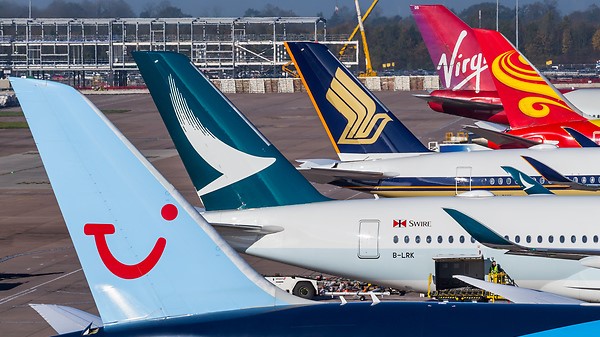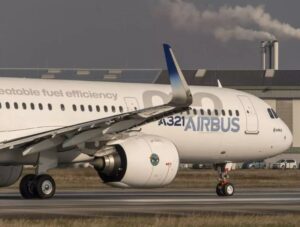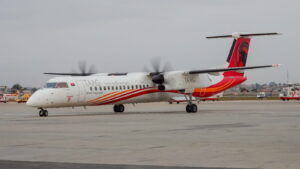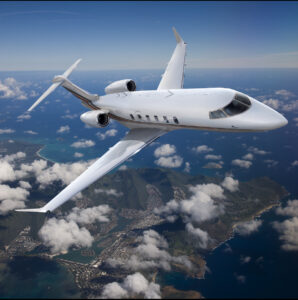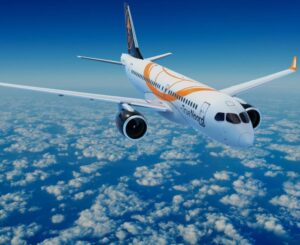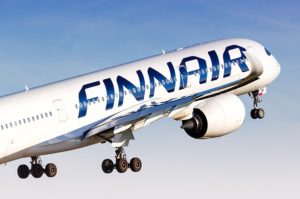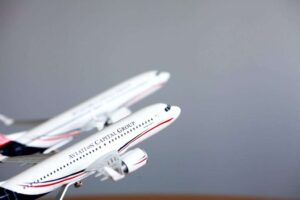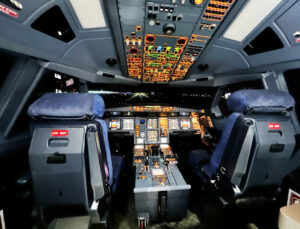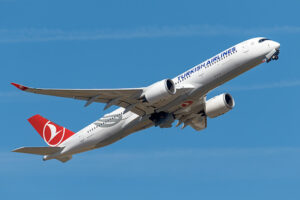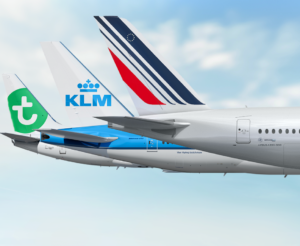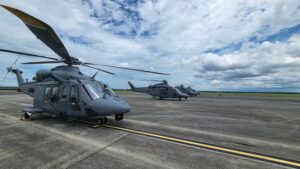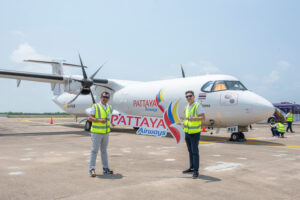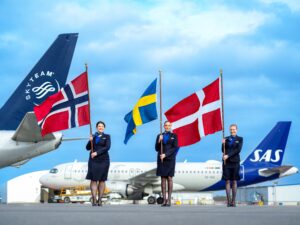The International Air Transport Association (IATA), which represents approximately 290 airlines across the globe, has colled on governments to support airlines during what is anticipated to be a very harsh winter from an economic standpoint as a result of ongoing COVID-19 concerns.
It has been estimated that, globally, airlines will post a combined loss approaching US$84.3 billion in 2020. It is a recognized fact that for northern-hemisphere airlines, the bulk of operating profits are generated over Q2 and Q3. As an example, the 2019 net profit margin for European airlines followed the normal seasonal pattern and was 9% and 17% respectively in Q2 and Q3 (the northern summer). However, it began at -1% in Q1 and finished the year at 2% in Q4 (the northern winter). In 2020 Q3 will be even more challenging in the wake of the coronavirus pandemic.
According to IATA, public opinion research in the first week of June 2020 showed greater caution among travelers in returning to travel. Only 45% of travelers surveyed intend to return to the skies within a few months of the pandemic subsiding. A further 36% said that they would wait six months. That is a significant shift from April 2020 when 61% said that they would return to travel within a few months of the pandemic subsiding and 21% responded that they would wait about six months.
“People are returning to the skies but the horizon of uncertainty of the COVID-19 crisis is extending. Forward bookings are down, and people are hedging their travel bets by booking closer to the time of travel. Airlines in the Northern hemisphere rely on a strong summer season and a predictable booking curve to get them through the lean months. But neither of these conditions are in place and airlines will need continued help from governments to survive a hard winter. Airlines will need much more flexibility to plan schedules around these changing consumer trends. Financial and operational flexibility equals survival,” said Alexandre de Juniac, IATA’s Director General and CEO.

